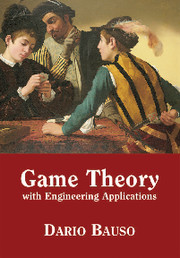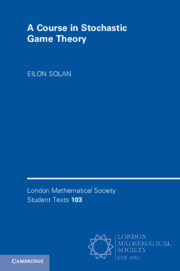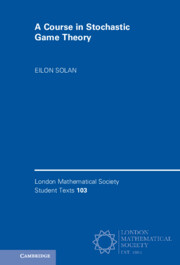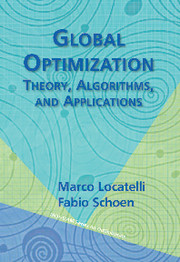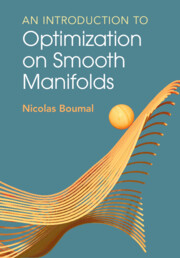Game Theory with Engineering Applications
A key direction for research in systems and control involves engineering systems. These are highly distributed collective systems (with decisions, information and objectives distributed throughout) that involve humans. As a result, decisions have the potential to be influenced by socioeconomic factors outside the realm of limited computation capacities. Engineering systems emphasize the potential of control and games beyond traditional applications and game theory can be used to design incentives to obtain socially desirable behaviours on the part of the players, including changing consumption patterns or better traffic distribution. This unique book addresses both the foundations of game theory, with emphasis on the physical intuition behind the concepts, and new trends in the study of cooperation and competition in large complex distributed systems. It is ideal for students and researchers in several aspects of engineering, as well as for social scientists or biologists working on adaption mechanisms and evolutionary dynamics.
- Addresses the current burst in game theoretic approaches in engineering systems
- Explores the foundations of game theory
- Useful for a range of specialisms, from social scientists interested in quantitative methods for sociotechnical systems, to physicists working on collective systems and synchronization phenomena
Product details
April 2016Paperback
9781611974270
292 pages
254 × 175 × 16 mm
0.56kg
Available
Table of Contents
- List of figures
- List of tables
- List of algorithms
- Preface
- List of notation
- Part I. Theory:
- 1. Introduction to games
- 2. Two-person zero-sum games
- 3. Computation of saddle-points and Nash equilibrium solutions
- 4. Refinement on Nash equilibrium solutions, Stackelberg equilibrium, and Pareto optimality
- 5. Coalitional games
- 6. Core, shaply value, nucleolus
- 7. Evolutionary game theory
- 8. Replicator dynamics and learning in games
- 9. Differential games
- 10. Stochastic games
- 11. Games with vector payoffs: approachability and attainability
- 12. Mean-field games
- Part II. Applications:
- 13. Consensus in multi-agent systems
- 14. Demand side management
- 15. Synchronization of power generators
- 16. Opinion dynamics
- 17. Bargaining
- 18. Pedestrian flow
- 19. Supply chain
- 20. Population of producers
- 21. Cyber-physical systems
- Appendix A. Mathematical review
- Appendix B. Optimization
- Appendix C. Lyapunov stability
- Appendix D. Some notions of probability theory
- Appendix E. Stochastic stability
- Appendix F. Indistinguishability and mean-field convergence
- Bibliography
- Index.

